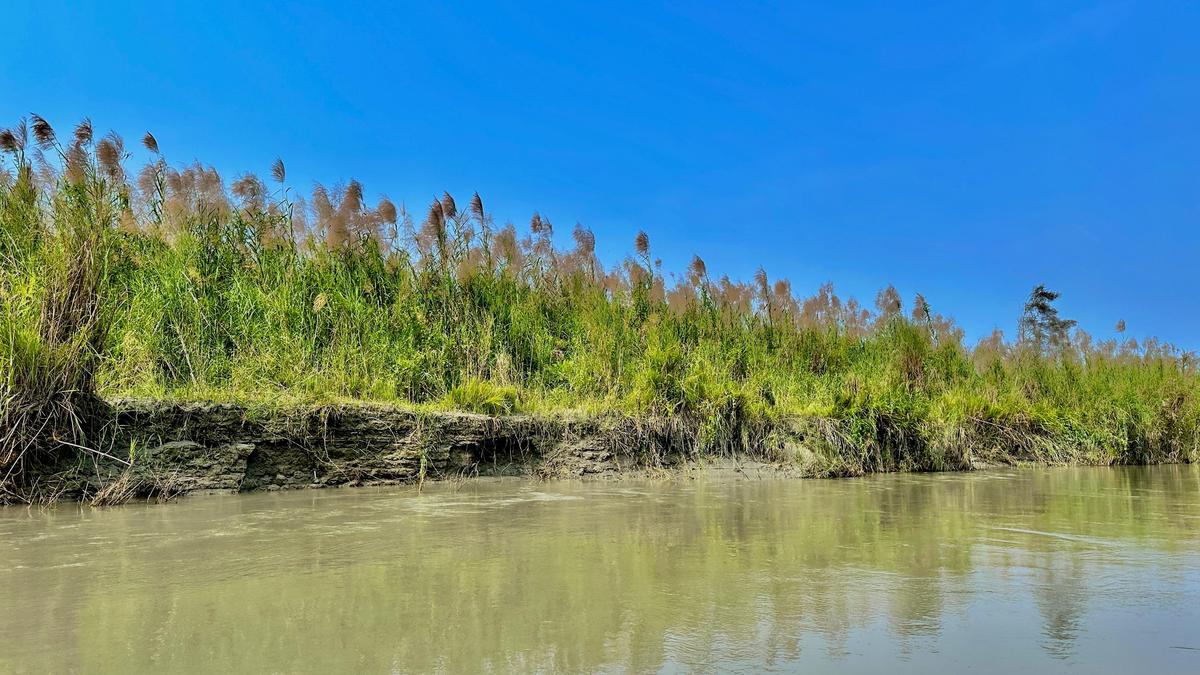Now Reading: Invasive Species Threaten Assam’s Unique National Park
-
01
Invasive Species Threaten Assam’s Unique National Park
Invasive Species Threaten Assam’s Unique National Park

Speedy Summary
- A study on Dibru-Saikhowa National Park (DSNP) in Assam, the habitat of India’s only feral horses, has identified ecological changes due to both native and invasive plant species.
- Native species like Bombax ceiba (Simalu) and Lagerstroemia speciosa (Ajar), along with invasive plants like Chromolaena odorata and Mikania micrantha, are altering DSNP’s grassland ecosystem.
- land Use and Land Cover (LULC) analysis between 1999-2024 shows a steady decline in grasslands:
– Grasslands reduced from covering 28.78% of the park in 2000 to significant conversion into shrubland (81.31 sq. km), degraded forests, and semi-evergreen forests.
– Increased forest degradation threatens biodiversity, reduces carbon storage, and contributes to climate change.
- Specific animals at risk include bengal florican (Houbaropsis bengalensis), hog deer (axis porcinus), swamp grass babbler (Prinia cinerascens), as well as approximately 200 feral horses left by military forces during World War II.
- The study recommends targeted strategies including controlling invasive species, promoting grassland recovery through community conservation efforts, removal of human pressures from forest villages within DSNP’s boundaries.
Indian Opinion Analysis
The findings from the dibru-Saikhowa National Park echo broader conservation challenges faced by ecologically sensitive areas across India. Habitat degradation due to natural dynamics such as flooding is compounded by anthropogenic pressures like encroachments or resource exploitation. The study underscores an urgent need for action through targeted restoration policies-prioritizing sustainable relocation programs for village populations aligned with compensatory measures.
Additionally,balancing conservation goals with developmental needs will be essential given the local dependence on thes landscapes for livelihoods.Effective implementation of surveillance mechanisms combined with control over invasive vegetation could ensure that critical biodiversity-especially endemic faunal species-is preserved while fostering community participation in long-term sustainability projects.
Read More: https://www.thehindu.com























